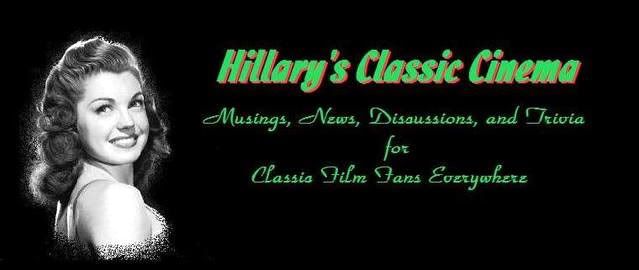Mary Astor-read
Regardless of how long you have been visiting here, my voracious appetite for classic-movie-related literature is probably quite apparent. I purchase books quite frequently, and without discretion or forethought, simply if they bear the name of an erstwhile celebrity, and thus, I came to acquire a hardbound 1968 fiction novel penned by silent film star Mary Astor out of pure curiosity (and, perhaps, a latent desire to become more well-schooled in movie trivia than the revered Robert Osborne).
 Astor, long celebrated as one of the few actresses to segue seamlessly from silent films to talkies in the late 1920's and early '30's, is notable in that her lengthy career encompassed roles of advancing ages as she herself aged, rather than being passed over in favor of younger starlets of her day. She was a rare actress who was sought to play the sexy ingenue in the 1920's, a thirty-something woman in the 1930's, and a parent with adult children in the 1940's (she's a memorable mama in both 1944's Meet Me in St. Louis and 1949's Little Women). Few had her versatility or longevity of appeal. Oh, and she wrote, too.
Astor, long celebrated as one of the few actresses to segue seamlessly from silent films to talkies in the late 1920's and early '30's, is notable in that her lengthy career encompassed roles of advancing ages as she herself aged, rather than being passed over in favor of younger starlets of her day. She was a rare actress who was sought to play the sexy ingenue in the 1920's, a thirty-something woman in the 1930's, and a parent with adult children in the 1940's (she's a memorable mama in both 1944's Meet Me in St. Louis and 1949's Little Women). Few had her versatility or longevity of appeal. Oh, and she wrote, too.
A Place Called Saturday is as much a meditation on the issue of fidelity, equality, and abortion as it is a reasonably engaging dramatic fiction. The last of her six novels (she also penned two autobiographies), Saturday begins at the scene of a violent sexual crime committed in a small American town, and follows the development of its aftereffects on the once-complacent marriage of its protagonist young couple. Astor is decidedly adept at conveying ambience with lush imagery, and she crafts complex characters through fine attention to idiosyncratic behaviors and selective descriptions of their intimate interactions; her writing is often the only element that keeps the story buoyant when a core character fails to provide the pre-denoument tension necessary to make this book truly satisfying. While it is poignant and by no means a poor read, Saturday is perhaps more considerable as an well-crafted opinion on such a touchy topic as abortion in light of its time of publication, than it is a literary achievement.
A Place Called Saturday is available in used condition through online retailers such as Amazon.com and Half.com.
A Place Called Saturday is as much a meditation on the issue of fidelity, equality, and abortion as it is a reasonably engaging dramatic fiction. The last of her six novels (she also penned two autobiographies), Saturday begins at the scene of a violent sexual crime committed in a small American town, and follows the development of its aftereffects on the once-complacent marriage of its protagonist young couple. Astor is decidedly adept at conveying ambience with lush imagery, and she crafts complex characters through fine attention to idiosyncratic behaviors and selective descriptions of their intimate interactions; her writing is often the only element that keeps the story buoyant when a core character fails to provide the pre-denoument tension necessary to make this book truly satisfying. While it is poignant and by no means a poor read, Saturday is perhaps more considerable as an well-crafted opinion on such a touchy topic as abortion in light of its time of publication, than it is a literary achievement.
A Place Called Saturday is available in used condition through online retailers such as Amazon.com and Half.com.
Labels: Books



<< Home